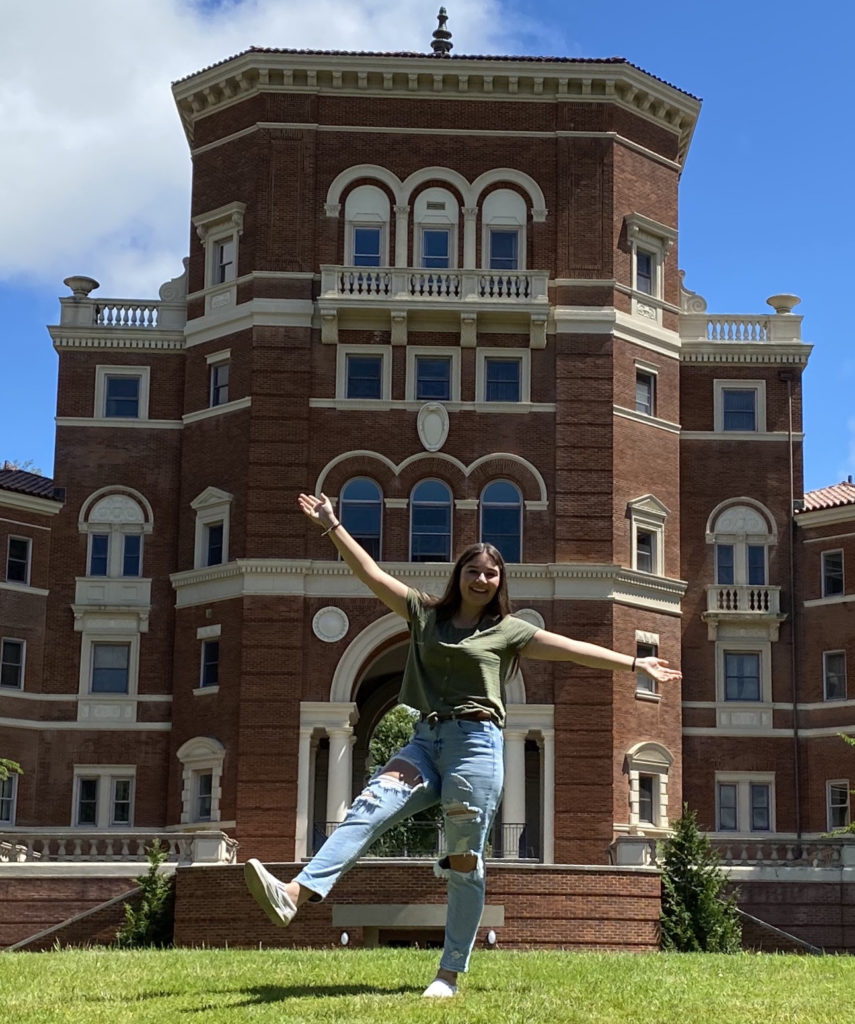
Hey there! My name is Briauna Herrick, and I grew up in Springfield, Oregon. I just finished my third year at Oregon State University, where I am majoring in agricultural sciences. I decided on this major because agriculture was something I had grown up involved in, and it just seemed familiar and natural. I grew up on my family’s farm in Springfield, where we have a produce stand and grow a wide variety of crops throughout the year. I’m on track to graduate after the winter term of 2023.
As I have pursued my degree, my passion for agricultural industry has grown. I have had many opportunities to get involved through classes, clubs and jobs. Outside of classes I am involved with two clubs on campus. I served as the treasurer for the Collegiate Farm Bureau club and was just elected president for the upcoming school year. I am also a part of a ministry group called Cru and am currently serving on the leadership team this year. Through my involvement with Cru, I had the opportunity to go on a mission trip to El Salvador in March where we installed water filters for many families and got to know individuals in different communities. I have been involved with both organizations for the past three years and they have showed me the importance of sharing my direct experience with agriculture and surrounding myself with community.
This summer I am interning with Chrissy Lucas, Extension groundwater protection specialist and outreach coordinator in Extension’s groundwater protection and education program. Since starting my internship a few weeks ago, I have been to two nitrate screenings, learned a lot about wells and septic tanks, cut and stamped many postcards, and learned how to use the copier. More recently, I have been busy with collecting information about wells and septic systems in other counties and preparing for upcoming nitrate screenings. I have scheduled a few nitrate screenings and am looking forward to holding one at my family’s farm later this summer. The past few weeks have consisted of many emails, scheduling events and staying organized.
Before this internship I thought of Extension as a resource for the agricultural industry, but I didn’t know that so much goes into the job. It’s been fun learning more about Extension as a whole and meeting new people. There is a lot of networking, planning, and communicating. I’ve got a busy summer ahead of me and am looking forward to what is to come!








